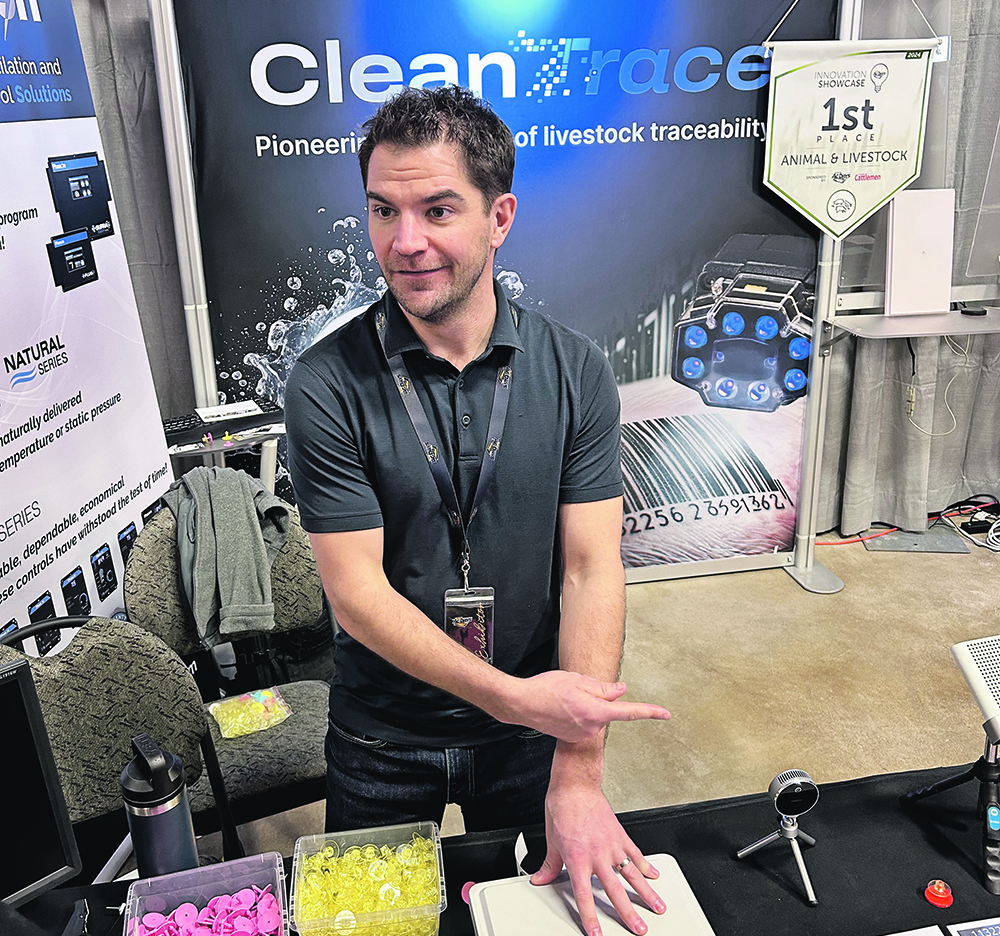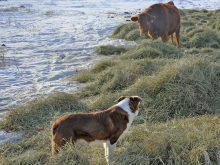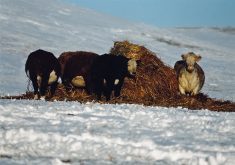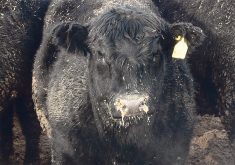Dissolvable ear tags for hogs is part of a data tracking system that won a recent livestock innovation award
BRANDON — Hog producers and processors can wash away some of their traceability problems with a new ear tag that melts in hot water.
It’s part of a data system that won the top livestock innovation award at the recent Manitoba Ag Days.
“Those plastic tags just don’t make it through,” said Ellery Burton, developer of the CleanTrace system that relies upon an ear tag-stamp combination to allow farmers, processors and marketers to trace pigs’ origin through to final destination.
The system tracks tags on the pigs from the farm to the processing plant, but the tags are then replaced by a QR code or bar code stamped onto the carcass with an inkjet system that can be read for the rest of the process.
Read Also
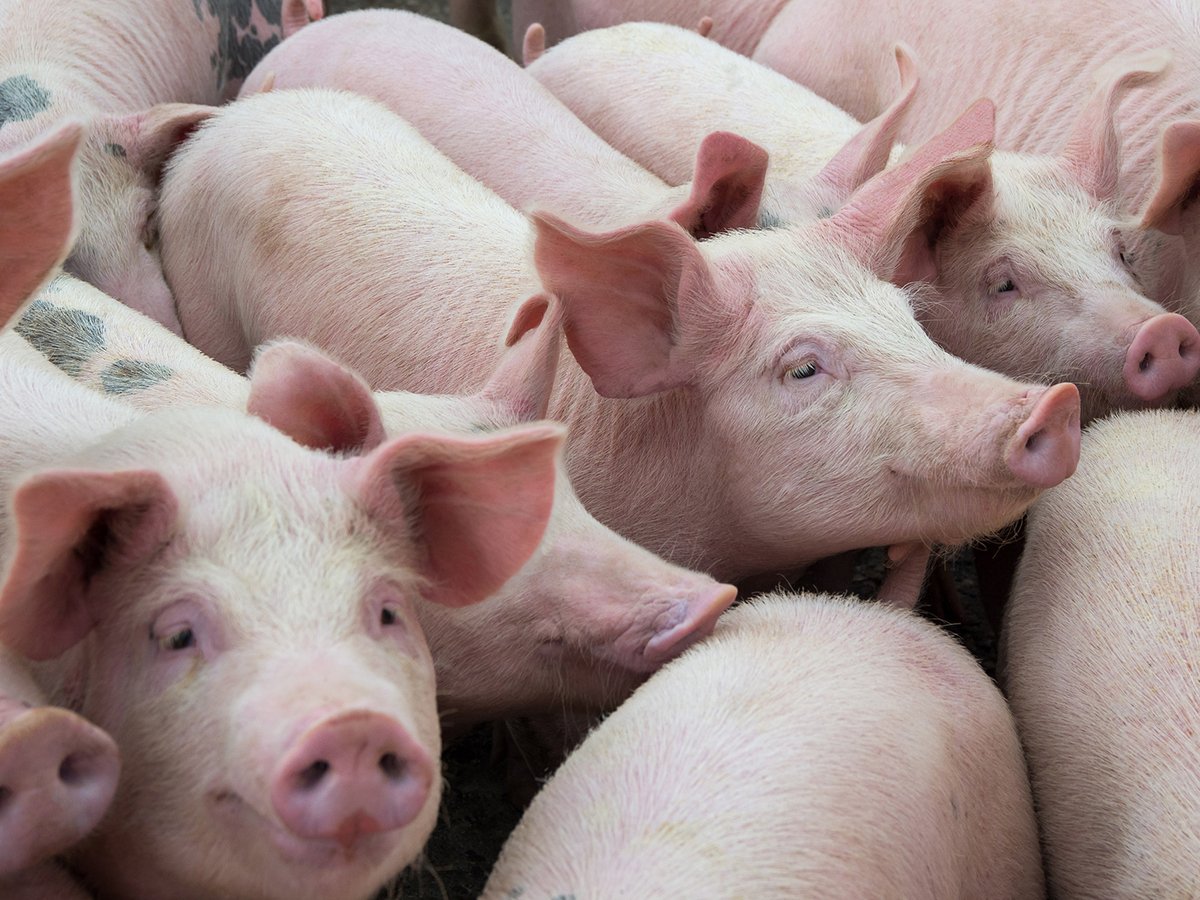
Quebec pork company calls for transparency around gene-edited pigs
Quebec-based pork company duBreton is calling for transparency around meats from gene-edited pigs on concerns that a lack of mandatory labelling will confuse consumers, and dilute certification claims. The organic sector is also calling for labelling rules.
The ear tags should be removed and disposed of, but any that fall off — a common occurrence in the slaughter process — should dissolve in the hot and wet conditions of the slaughter plant.
It wasn’t easy to develop a dissolving ear tag that won’t fall apart while on the pig but will disintegrate in hot water, Burton admits. It took him about 18 months to find the right polymer.
He has a patent on the process, which he devised after working for years at HyLife Foods, the integrated Manitoba hog production and processing heavyweight.
Tracing a pig from the barn to the grocery store isn’t easy, nor are most of today’s ear tags a risk-free technology. Creating something simple, useful, accurate, safe and reliable was the challenge.
“It’s grown into a track and trace, right from the farm all the way to the supermarket, where we’re able to know exactly what inputs are going into animals,” said Burton.
He has developed much of the system by himself, but says his upbringing and experience gave him the confidence to seek solutions for a challenge he saw inside HyLife.
The key is “not giving up,” said Burton, who grew up on a Neepawa area farm, served in the Canadian military for 10 years and saw his elders’ steadfast work ethic.
“You might have a bad day. You might have a bad crop. You might have a bad season,” said Burton. “You just never quit.”




